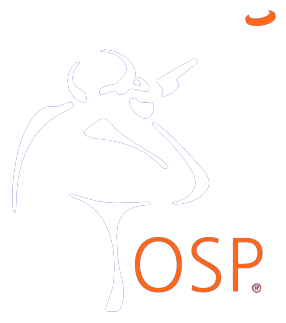Recent Posts
How Shooters React to Missing a Target or Two
As coaches to many shooters worldwide, both in person and through our Knowledge Vault, we’re often asked about helping them overcome a missed target or a loss by only one or two targets. The typical reaction to a less-than-satisfactory station for the majority of shooters is immediate gibberish as they exit the stand. They reflect on how they missed the shot(s), all of which is supposed to (in their own mind) l... Read more…
A Change in Our Approach to Shotgunning
Six to eight years ago, we dramatically changed our approach to coaching clay and wing shooting after reading Anders Ericsson’s book “Peak,” where he talks about why and in what detail the brain must have a mental representation of what you ask it to do before you ask it to do it! So, we changed our approach from getting shooters to hit targets with the same flawed swing mechanics to making fundamental changes ... Read more…
The Process of “Neurological Suspension”
When the approach is to not see the barrel, shooters are calling on their limited capacity working memory system to do too many things. This is why they are so inconsistent and on different birds on different days. Adding to this outcome, even if they’re successful, the successes do not make their way to the long- term memory, which is where most skill resides. Accepting the muzzles in the periphery is the ... Read more…
Where Do “Positive Sound-Alikes” Come From?
Committing to the shot you are about to take is the most important thing at the moment you enter the cage. A vivid movie of where and how you want the shot to come together is necessary for the brain to recall from long-term memory the circuit necessary to hit the target. Most shooters have some idea of what they want to do to hit the target. But because their preload of the shot has very little detail of how a... Read more…
Shooting Without Thinking
The core purpose of our visual processing system is the prediction of what’s coming next. Vision, along with data, form our other senses that provide sequenced information to the central nervous system. This allows for a prediction of what’s coming next. Eventually you must begin to understand that one aspect of skill is the ability to anticipate further and further ahead of where you are. In order for you to b... Read more…



